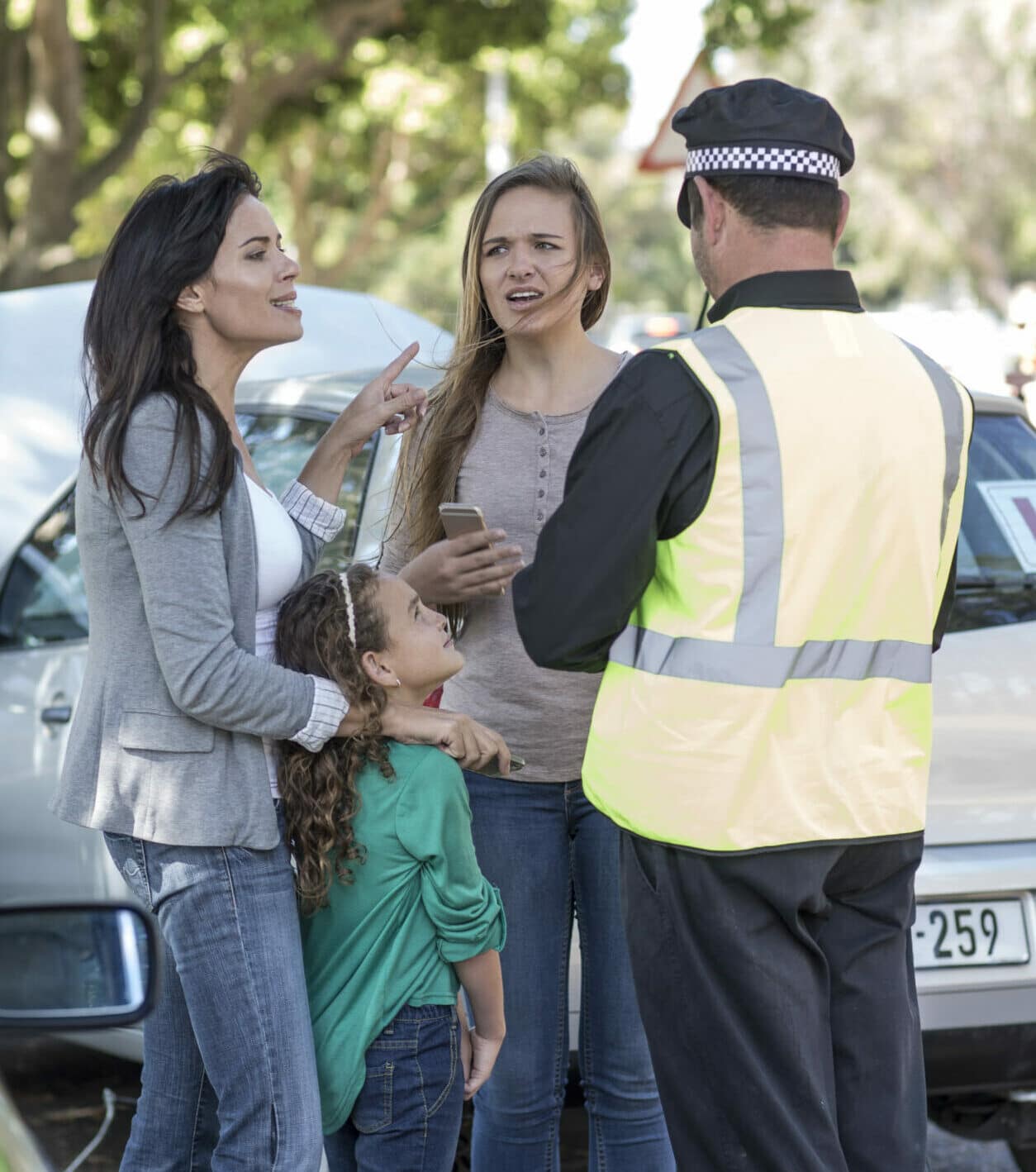
After a car accident, a number of different things happen very quickly. With adrenaline flowing, it’s not always easy to keep track of injuries or the events that led up to the actual collision. This is especially true if you have suffered serious injuries. That said, there are certain ways of gathering the facts of the car accident. One of the most common–which is a legal requirement in California–is an accident report from a responding police officer.
While accident reports are an objective account of the circumstances that surround a car accident, it’s important to understand the role that accident reports play in the legal process and how they can be used as evidence in court.
What is an Accident Report and What Information Do They Provide?
An accident report is a document created by law enforcement officers that details the facts and circumstances surrounding a car accident. These reports typically include information such as:
- Date, time, and location of the accident
- Names and contact information of the drivers involved
- Witness statements
- Description of the vehicles and damages
- Preliminary determination of fault
Accident reports can also include photographs of the accident scene, diagrams of the vehicles’ positions, and other relevant details like inclement weather or road conditions. The purpose of an accident report is to provide an objective record of the accident, and they are frequently used to help insurance companies and legal professionals determine liability and damages.
Can An Accident Report Be Used In Court in California?
As an objective document, it may seem like an accident report would be a key piece of evidence for any victim of a car accident in California. While it’s true that it contains nearly every key detail that you could use to determine fault and liability, you may be interested to learn that under California law, an accident report is inadmissible as evidence in a court case.
Under Section 20013 of the California Vehicle Code, a police officer responding to a vehicle accident must create a written report within 24 hours, or as soon as would be considered reasonable. The report must contain the information above, and the law is designed to ensure that accurate and timely records are kept of all traffic accidents in California.
That said, while there is a legal requirement to create an accident report that gives a preliminary determination of fault, the law also states that the accident report cannot be used as evidence in any civil or criminal trial. The reason for this is that, ultimately, the report is based on hearsay since the responding police officer (in the vast majority of cases) did not actually witness the accident.
What Evidence Can Be Used in a California Car Accident Case?
While an accident report can’t be used as evidence in a trial, it can be used as evidence in your claim against the at-fault driver’s insurance company. In fact, if the accident report is favorable, it’s one of your best pieces of evidence. It not only lays out fault against the other driver, but it also includes other key pieces of evidence, like photographs and a “blow-by-blow” account of what led up to the accident itself.
That said, if your case reaches a courtroom, it’s important to know what evidence actually can be used. Witness testimony: Witnesses who saw the accident occur can provide testimony about what they saw and heard, and their statements can be used to establish fault and damages.
- Accident reconstruction evidence – Accident reconstruction experts can use physical evidence from the scene, witness statements, and other data to recreate the accident and provide an analysis of what happened.
- Medical records and testimony – Medical records and testimony from medical professionals can be used to establish the extent of injuries sustained in the accident, the treatment received, and the costs associated with the treatment.
- Photographs and videos – Visual evidence such as photographs and videos of the accident scene, the vehicles involved, and any injuries sustained can be powerful evidence in establishing the severity of the accident and the damages incurred.
- Expert testimony – Expert witnesses in fields such as accident reconstruction, medicine, economics, or other relevant fields can provide specialized knowledge to help establish liability or damages.
Damages
The ultimate goal of a car accident case is to recover “damages”, which are simply the benefits and support that are available under the law. That is what this evidence is attempting to show. In a successful California car accident case, you can potentially recover the following damages:
- Medical expenses
- Lost wages
- Loss of enjoyment of life
- Pain and suffering
- Emotional distress
- Property damage
Overall, the admissibility of evidence in a California car accident case will depend on its relevance, authenticity, and whether it was obtained legally. The best way to ensure that your evidence is admissible is to work with our team of experienced California car accident lawyers. We have extensive experience in handling cases and making sure that our clients are put in the best possible position to succeed.
Put Your Trust and Confidence in Maison Law
If you or someone you know has been involved in a car accident in California and is seeking legal guidance, put your trust and confidence in Maison Law. Our team of experienced and dedicated California car accident lawyers have a deep understanding of the law and can provide you with the guidance and support you need to pursue a successful outcome.
We are committed to fighting for the rights of our clients and will work tirelessly to ensure that you receive the benefits and support you deserve. Contact us today to schedule a free, no-obligation consultation and take the first step toward recovery.
